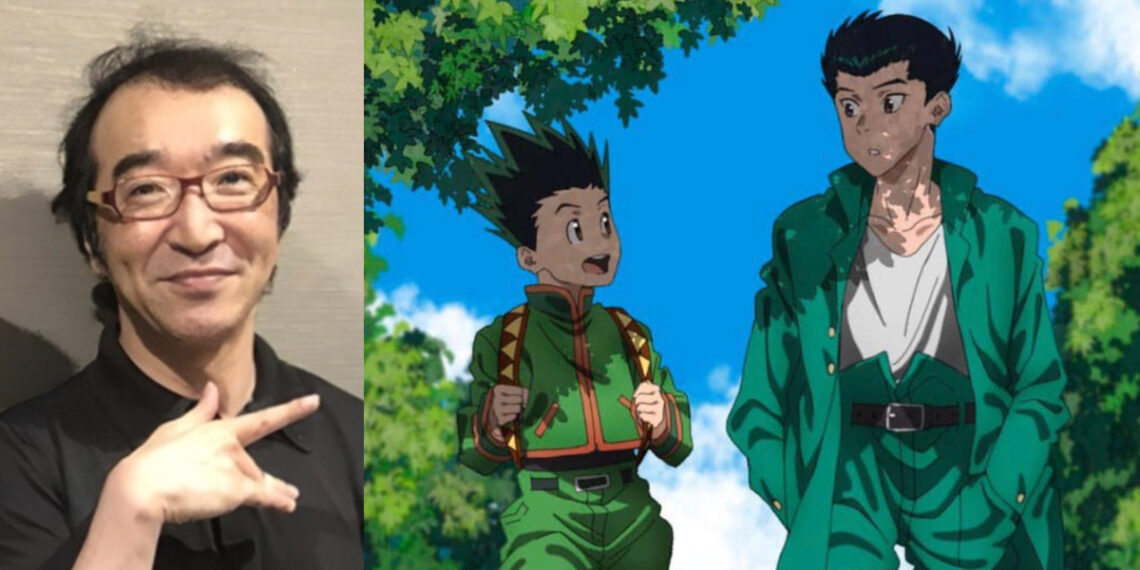Manga artists typically have great respect and appreciation for their peers in the industry. It is common for mangakas to find inspiration from one another’s works, incorporating creative elements into their own stories.
Outright disdain or hatred towards fellow artists is exceptionally rare in this creative community.
One notable exception is the acclaimed manga artist Yoshihiro Togashi, creator of the hugely popular series Hunter x Hunter.
With over 80 million copies of his works sold globally over a 30-year career, Togashi is regarded as one of the masters of the manga art form across multiple genres.
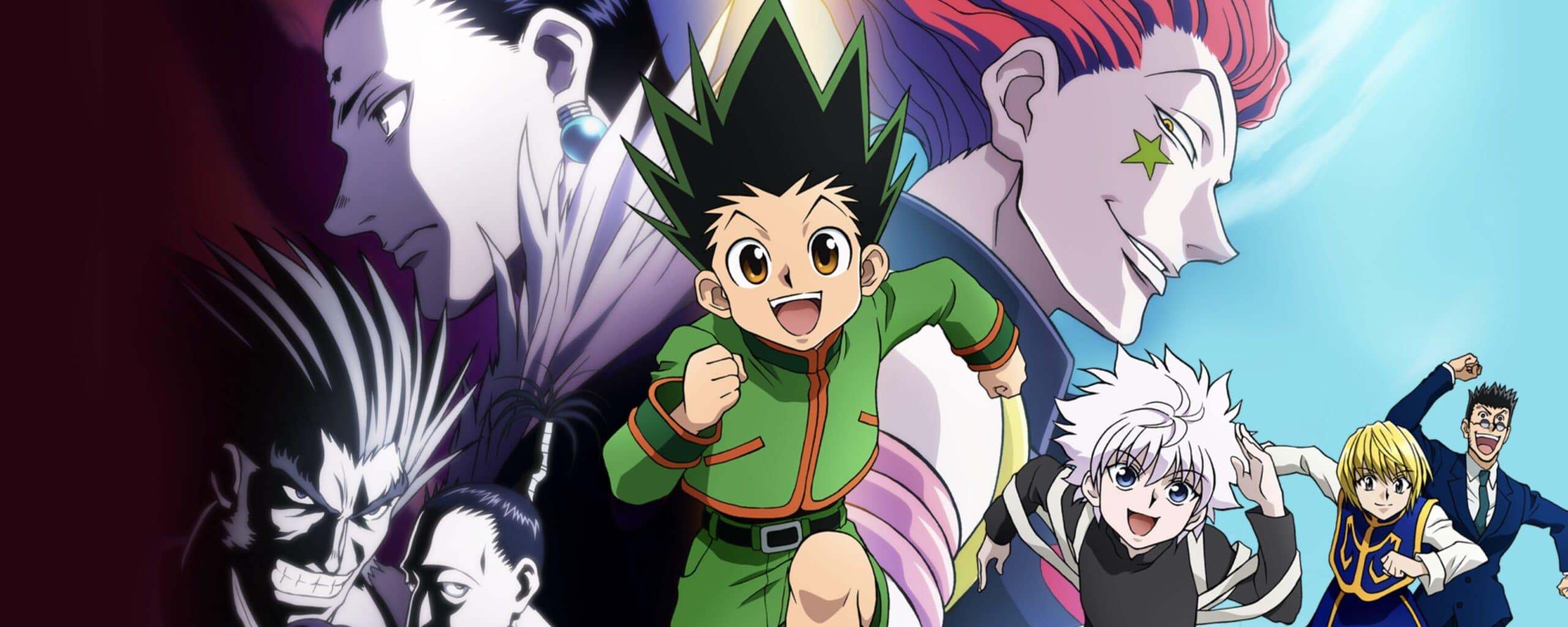
However, in a recent interview, Togashi expressed strong contempt for a fellow unnamed manga artist solely because that person had decided to conclude their long-running series.
Togashi provided no further context or justification for his harsh criticism. He did not cite any specific deficiencies in the other artist’s work.
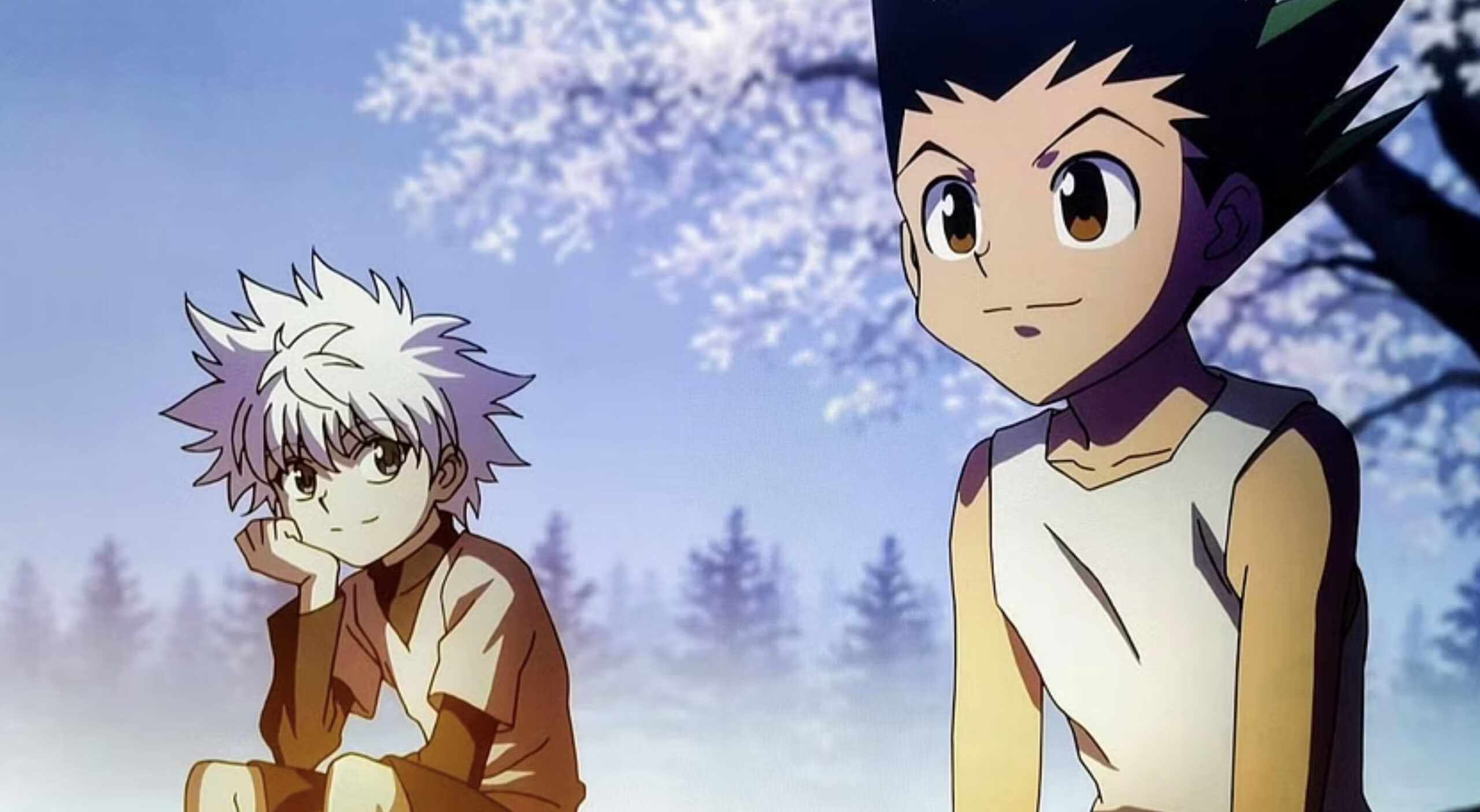
His anger appeared to stem from the fact that the artist exercised their creative freedom to bring their story to a close rather than continuing the series indefinitely.
This level of criticism stands in stark contrast to the normally supportive dynamic between manga creators.
Togashi’s controversial comments provide a rare glimpse into potential rifts, even among lauded artists in this medium.
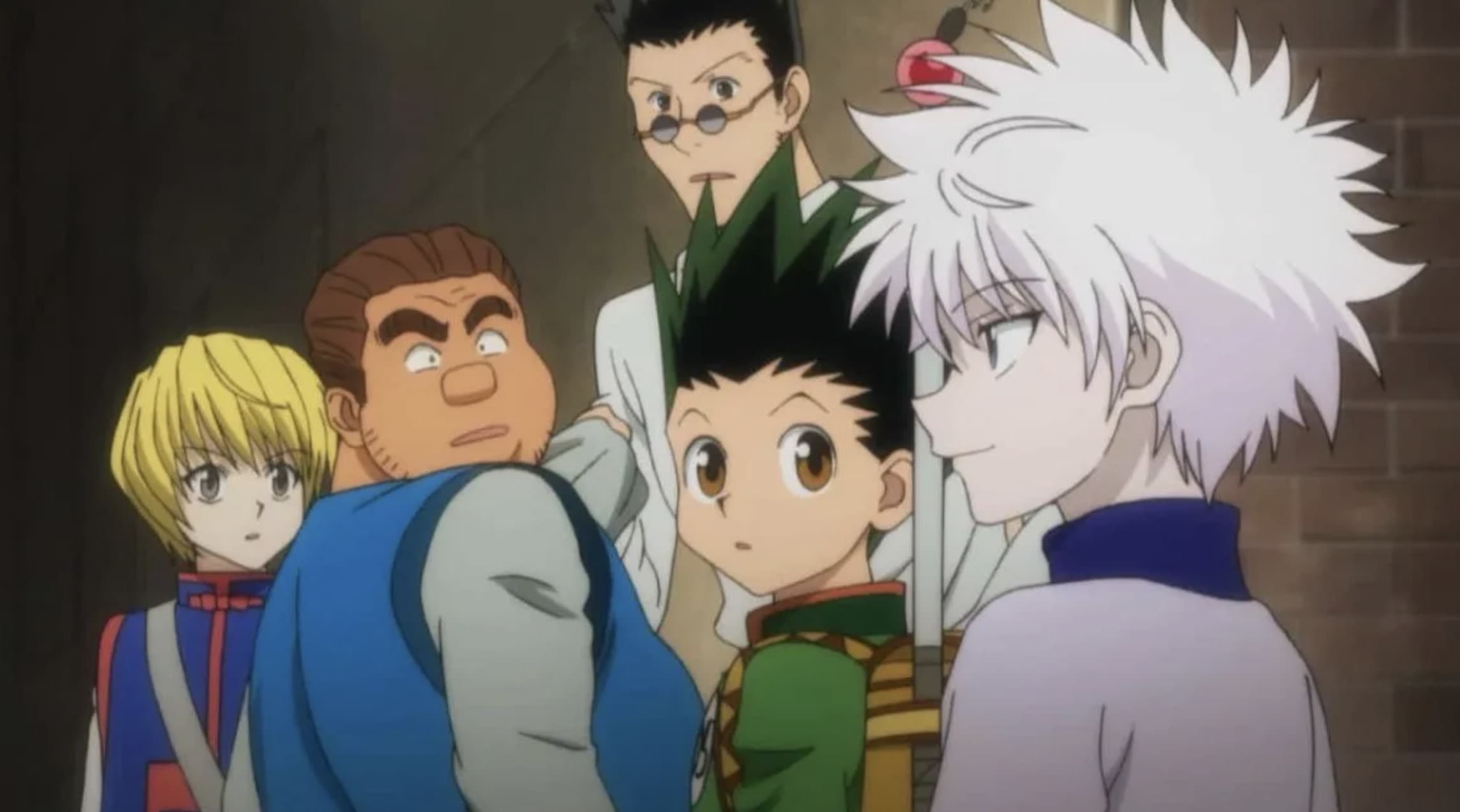
It highlights how passionate manga writers can be regarding creative decisions that influence beloved story worlds.
Yoshihiro Togashi Expressing Frustration and Disdain for Bill Watterson’s Decision to End Calvin and Hobbes
Yoshihiro Togashi, the renowned manga artist behind influential series like Hunter x Hunter and YuYu Hakusho, recently made surprising comments expressing disdain for a fellow comics creator.
In an interview, when asked if there were any manga artists he didn’t like, Togashi named American cartoonist Bill Watterson, the author of the beloved Calvin and Hobbes newspaper strips.
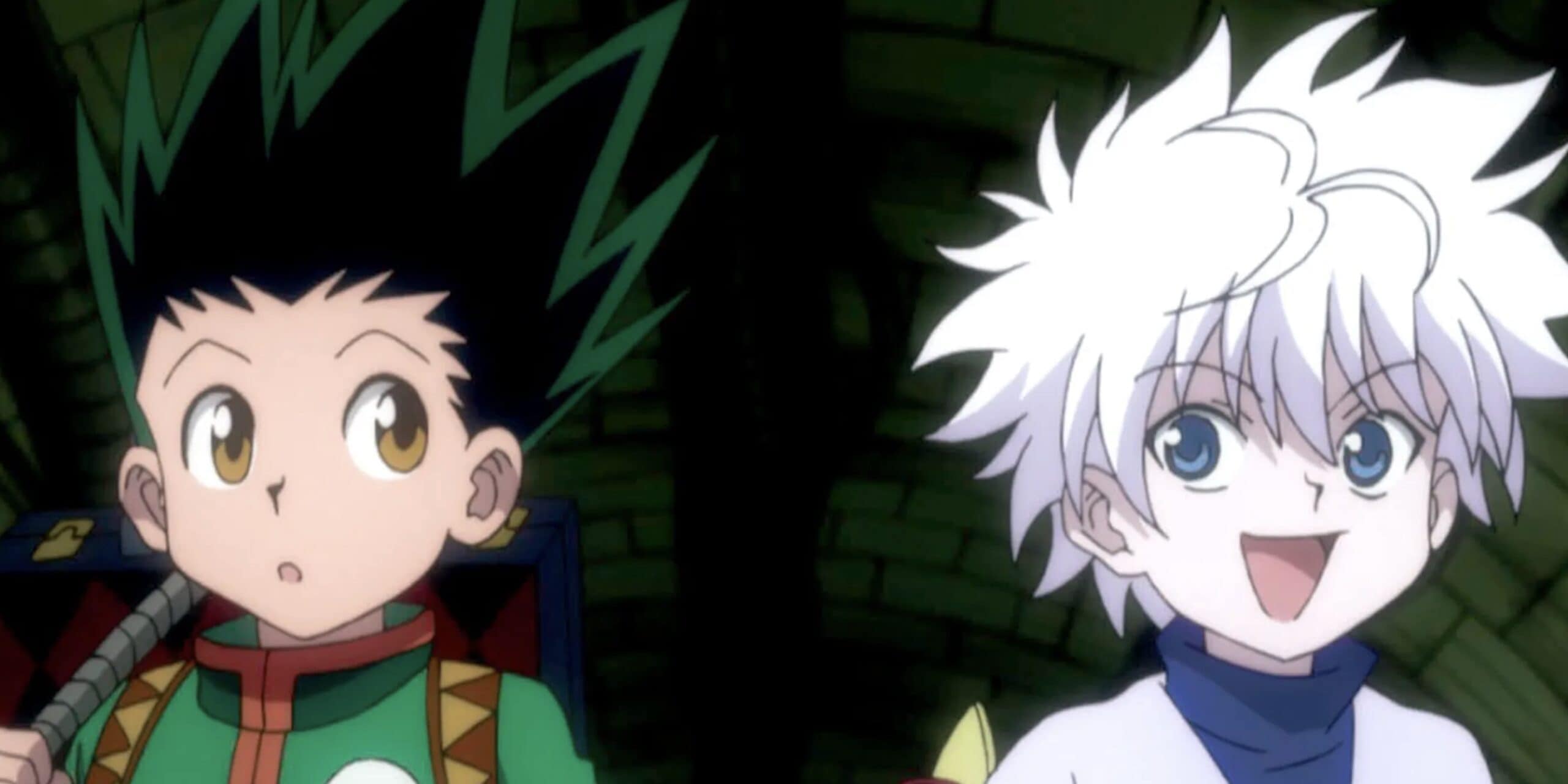
He bluntly stated: “Yeah, that bastard Bill Watterson. I loved Calvin and Hobbes. Why did he have to end it? Why couldn’t he have just gone on an ambiguous years-long hiatus?”
While Togashi’s frustration comes from a place of affection for Watterson’s work, openly admitting hatred for a fellow creator is highly unusual in the manga/comics industry.
Most artists are supportive of their peers and inspirations.
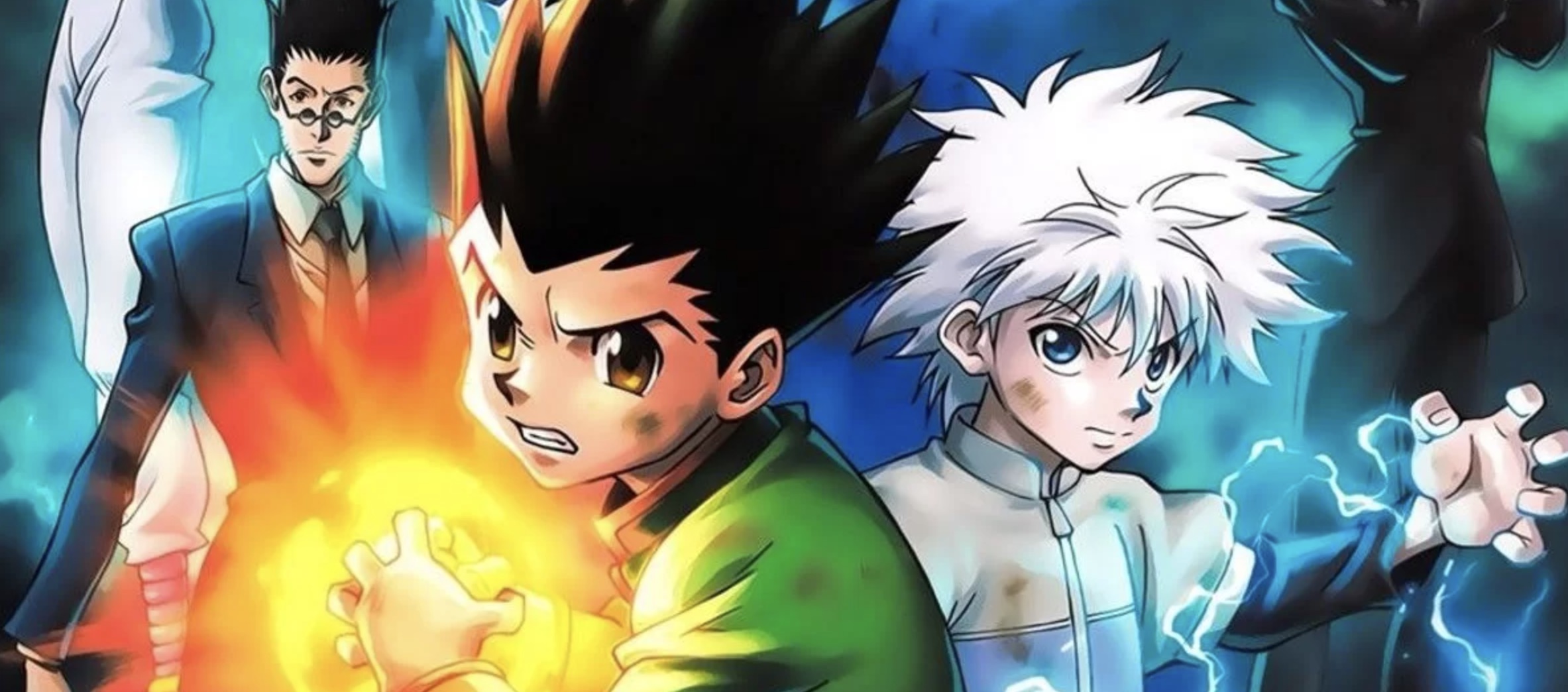
Togashi was clearly upset that Watterson chose to conclusively end Calvin and Hobbes at the height of its popularity rather than put it on indefinite pause as Togashi has done with his own hit series Hunter x Hunter over the years.
These comments provide a rare glimpse into the unfiltered opinions manga writers have regarding each other’s creative choices and body of work.
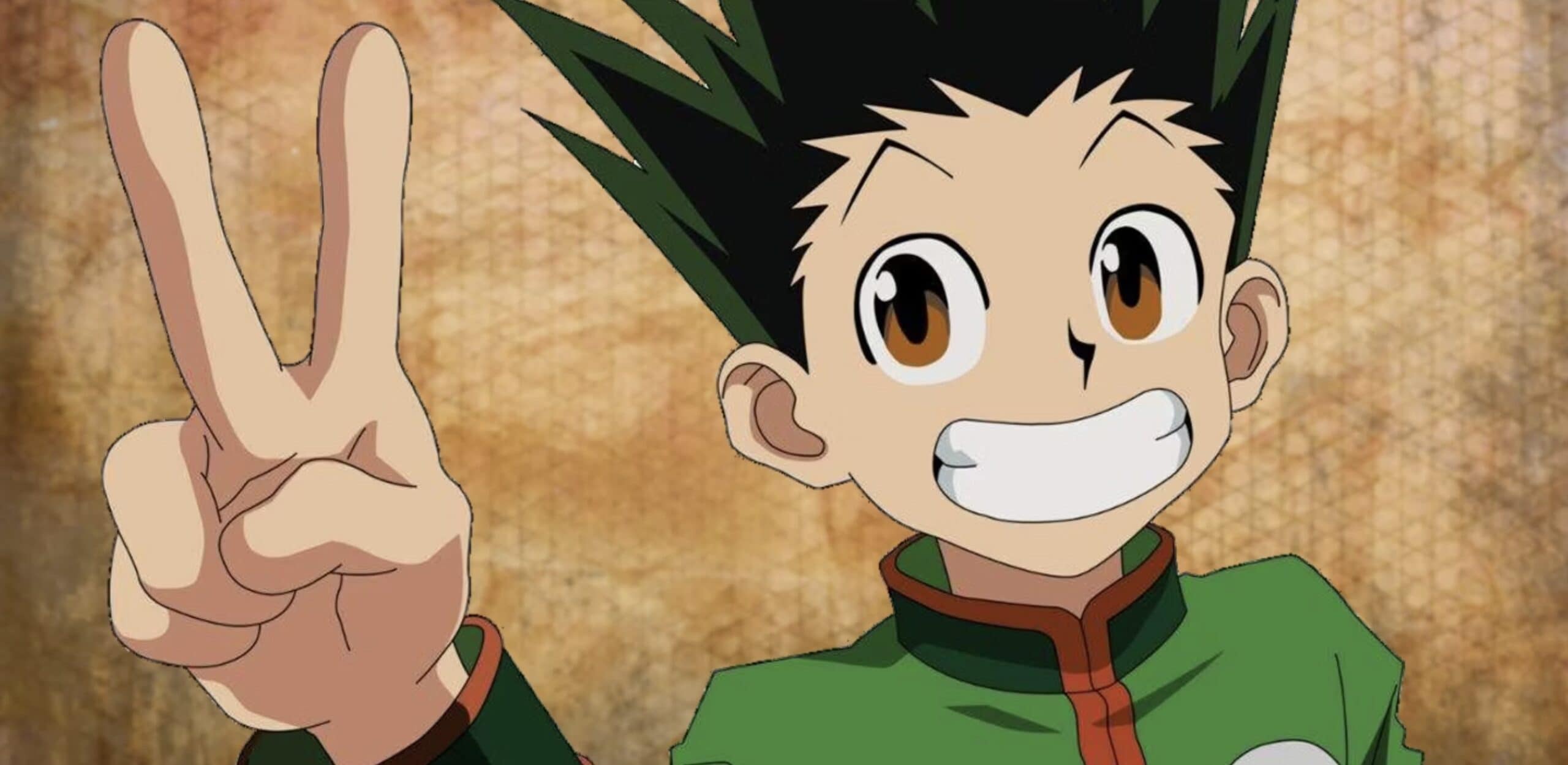
Even legendary artists like Togashi are not exempt from controversially critiquing their successful counterparts.
Who Actually Is Bill Watterson?
Bill Watterson is the creative force behind Calvin and Hobbes, one of history’s most iconic and beloved comic strips syndicated in newspapers from 1985 to 1995.
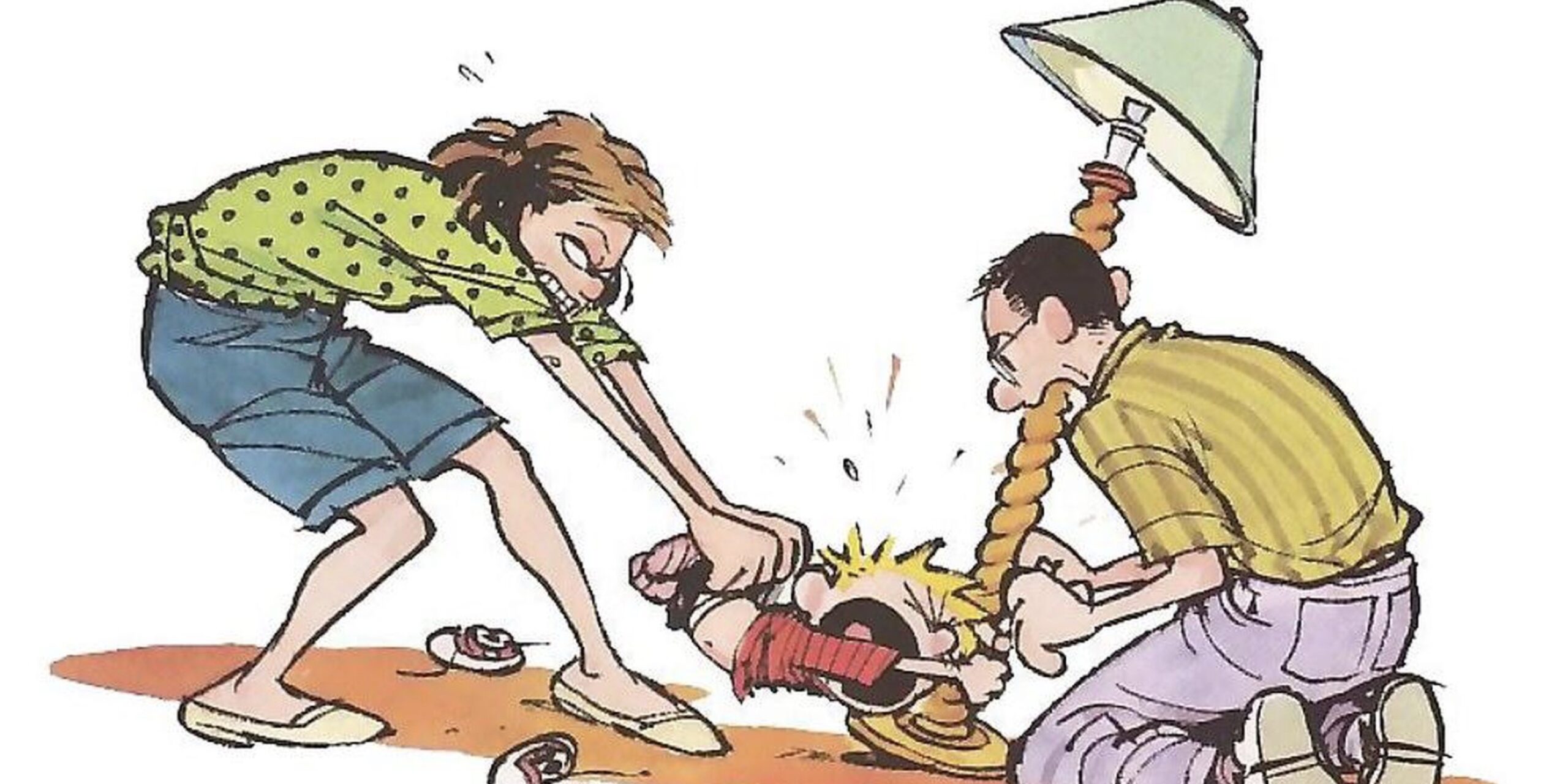
Over that decade-long run at the peak of its immense popularity, Watterson made the decision to conclusively end the series instead of keeping it going indefinitely.
In a brief but poignant written statement to newspaper editors and loyal readers, Watterson explained he felt he had effectively accomplished everything he hoped to achieve in the comic strip medium at that point.
He wanted to move on creatively rather than churn out more strips solely for commercial reasons or reader demands.
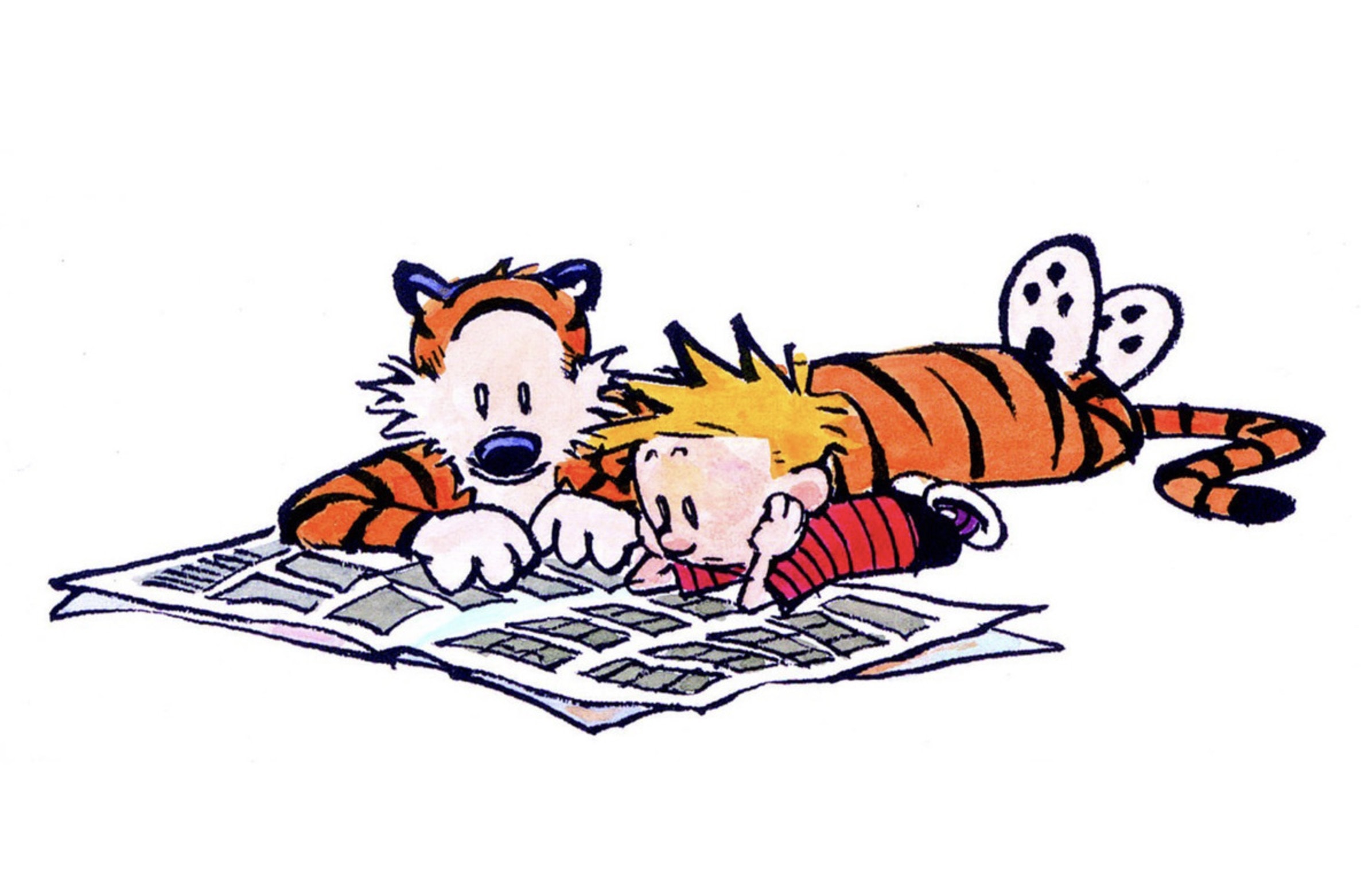
Watterson cemented himself as an all-time great of the comics world, receiving high honors such as the National Cartoonist Society’s prestigious Reuben Award in both 1986 and 1988.
But not all fellow artists agreed with Watterson closing the door on Calvin and Hobbes for good – Yoshihiro Togashi, creator of the influential manga Hunter x Hunter, shockingly admitted hating Watterson for not just putting the strip on a vague, open-ended hiatus instead of giving it a definite ending.
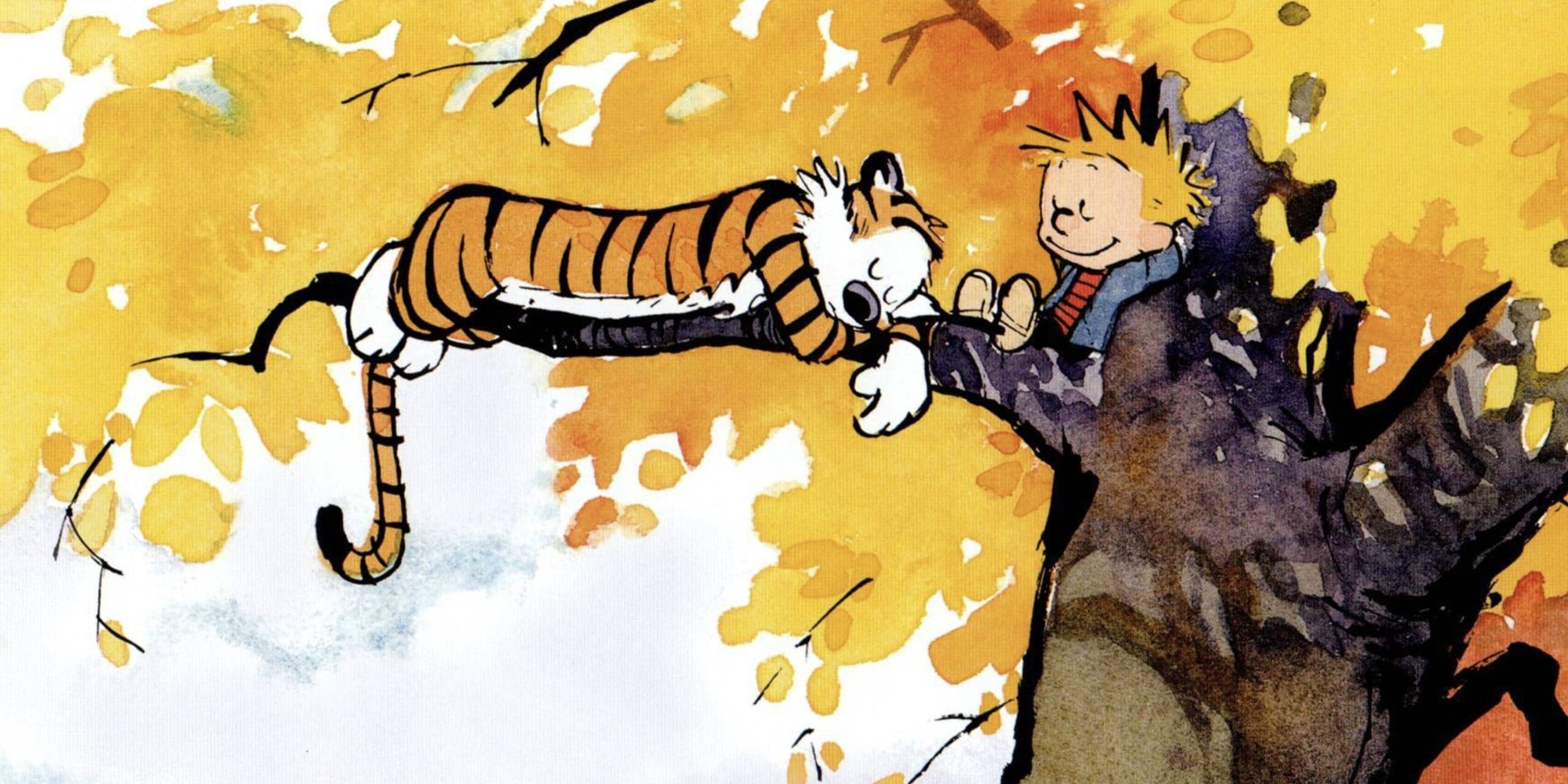
This contrast shows the creative tensions regarding continuing or concluding beloved series, even among universally respected cartoonists and storytellers across comic forms.
Watterson stayed firm in ending Calvin and Hobbes on his own terms, despite peers in the industry like Togashi wishing iconic works would go on indefinitely rather than meet a final yet thoughtful farewell.
Bill Watterson’s Iconic Comic Strip and Its Enduring Impact
Calvin and Hobbes is regarded as one of, if not the, greatest American newspaper comic strips of all time.
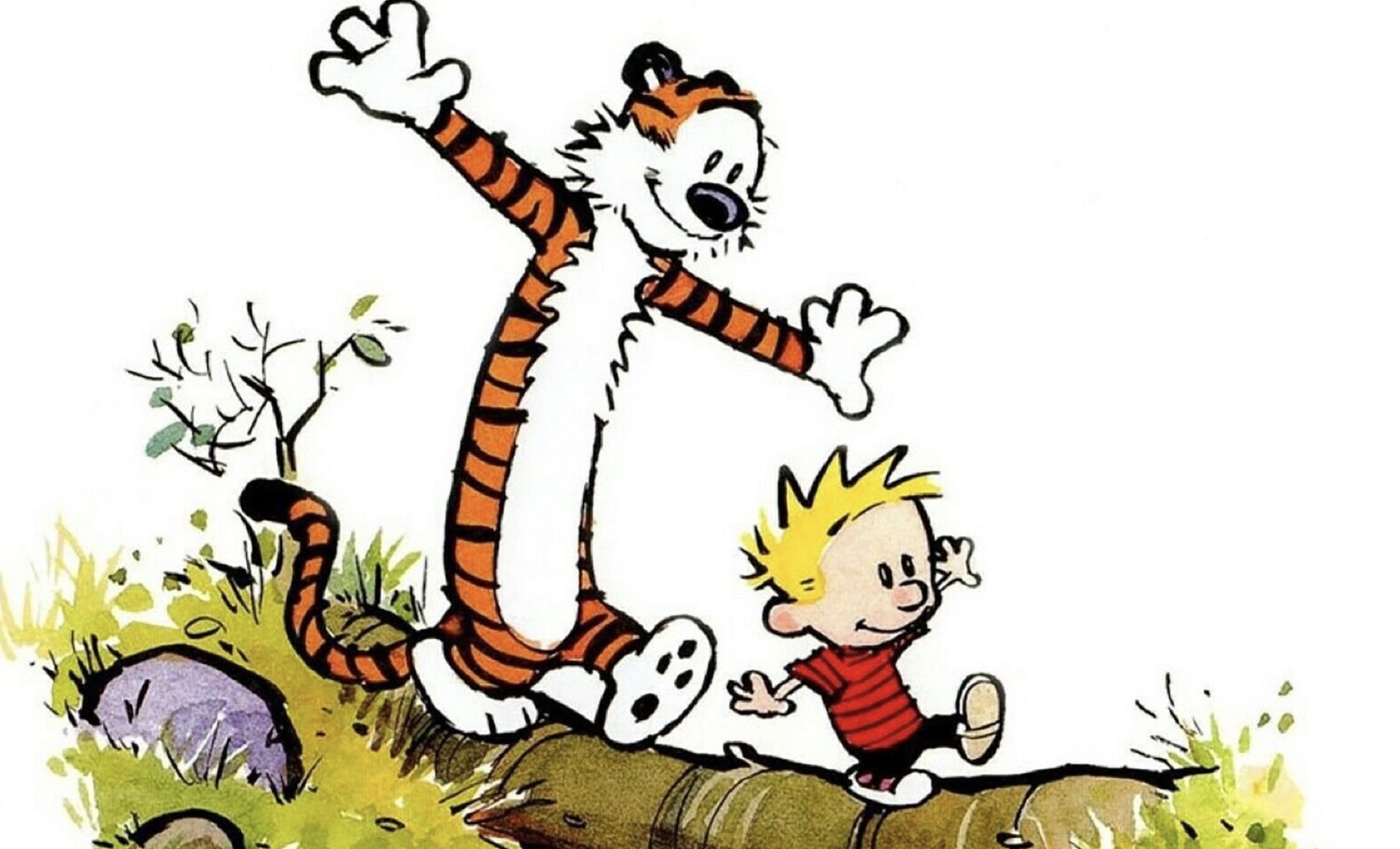
Created by Bill Watterson, it enjoyed immense popularity and artistic acclaim during its relatively brief yet highly impactful run, syndicated in daily papers across the nation from November 1985 through December 1995.
Centered around the adventurous escapades and witty banter between imaginative 6-year-old Calvin and his sentient, cynical stuffed tiger Hobbes, Calvin and Hobbes tapped into thoughtful philosophical themes concerning childhood, friendship, education, and modern suburban family life.
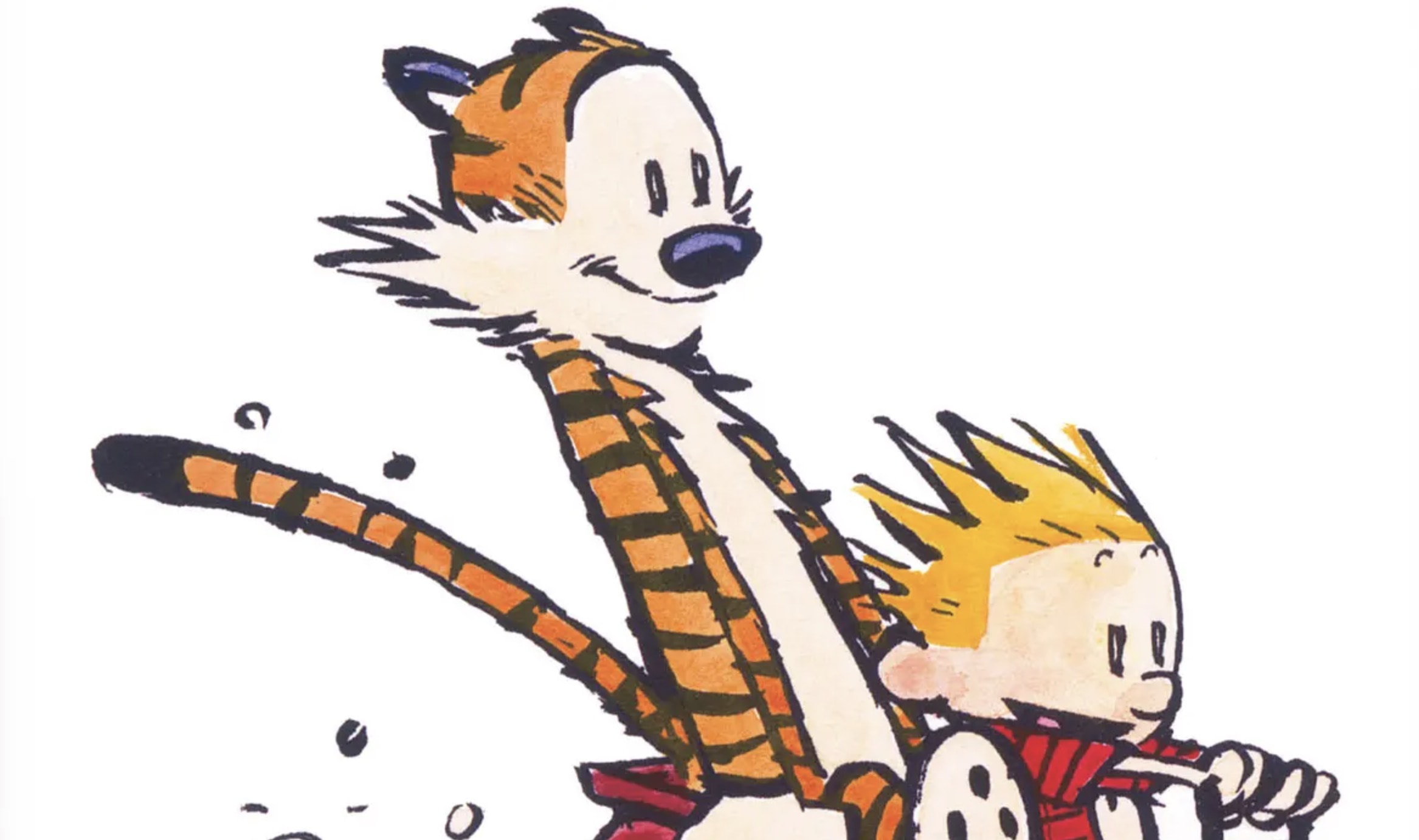
It became a cultural touchstone beloved by millions, remaining influential and continually studied within academic circles despite ending at the peak of its powers.
Watterson himself once humbly referred to Calvin and Hobbes as “the last great newspaper comic strip,” signifying his pride in elevating the comic art form amidst declining quality in many other strips.
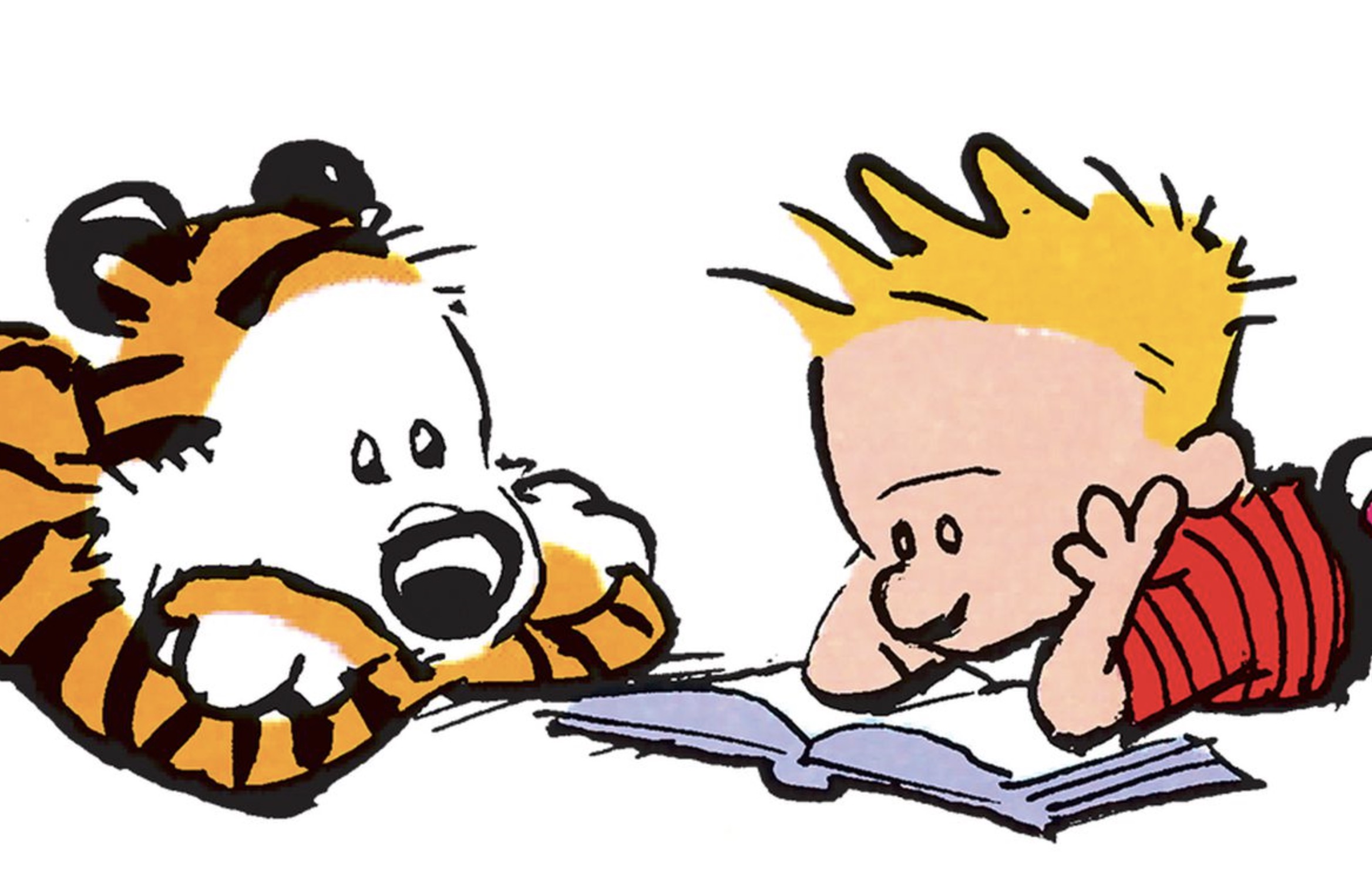
While almost universally praised, his controversial decision to finish the strip while still massively popular bothered some fellow artists like famed manga creator Yoshihiro Togashi, who shockingly admitted hating Watterson for concluding Calvin and Hobbes rather than keeping such a cherished series going on a vague hiatus for many more years.
Most fans and cartoonists believe Watterson made the right call, ending things completely on his own visionary terms.

